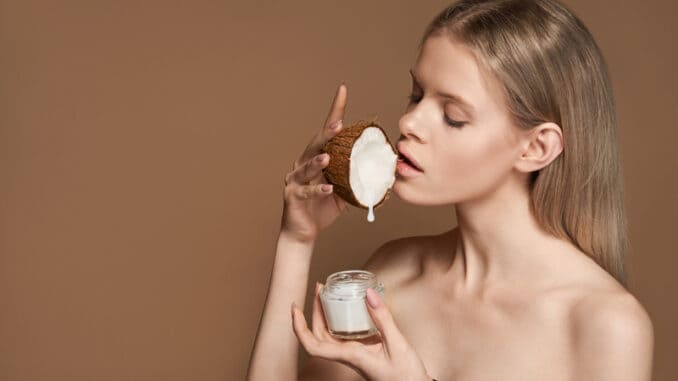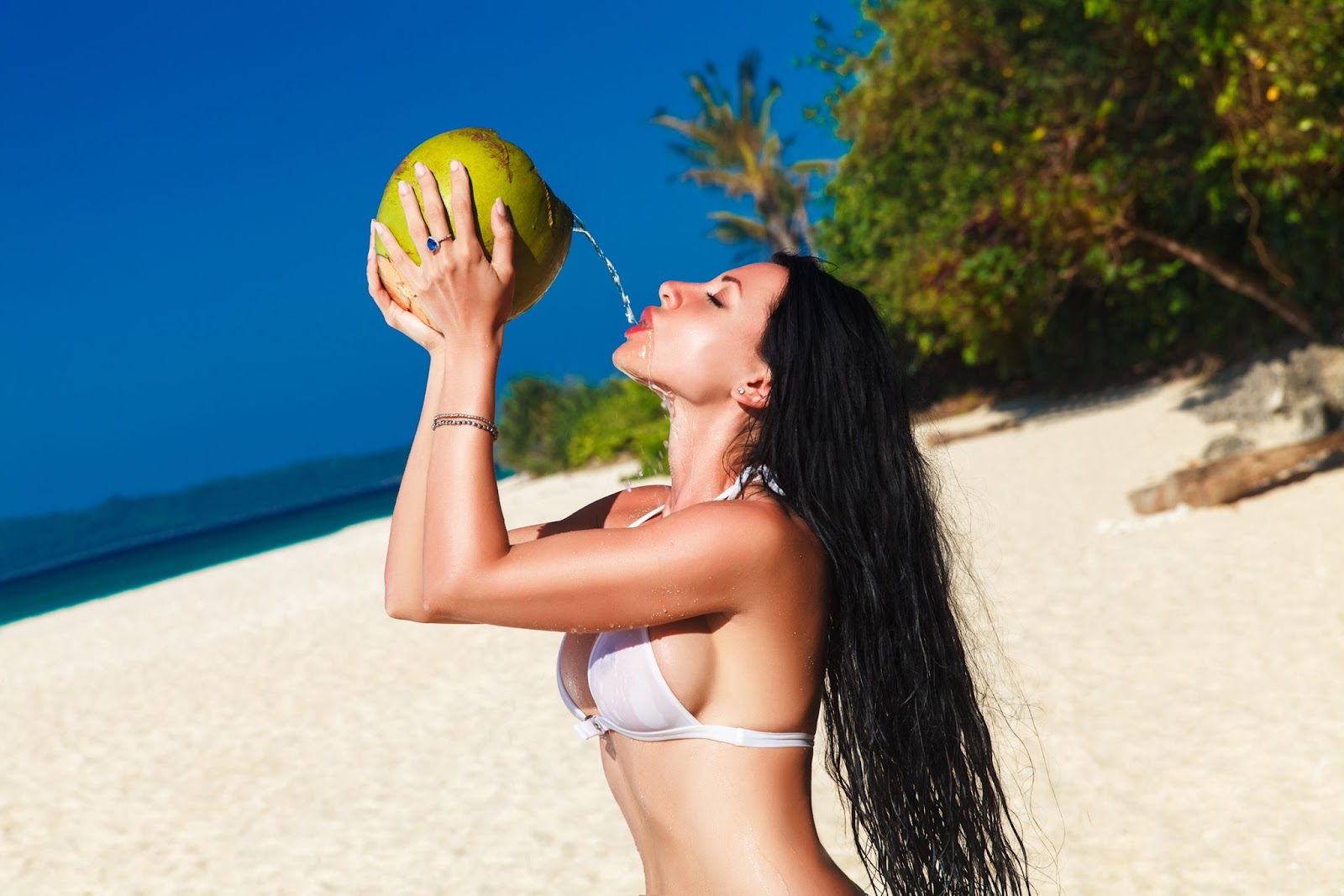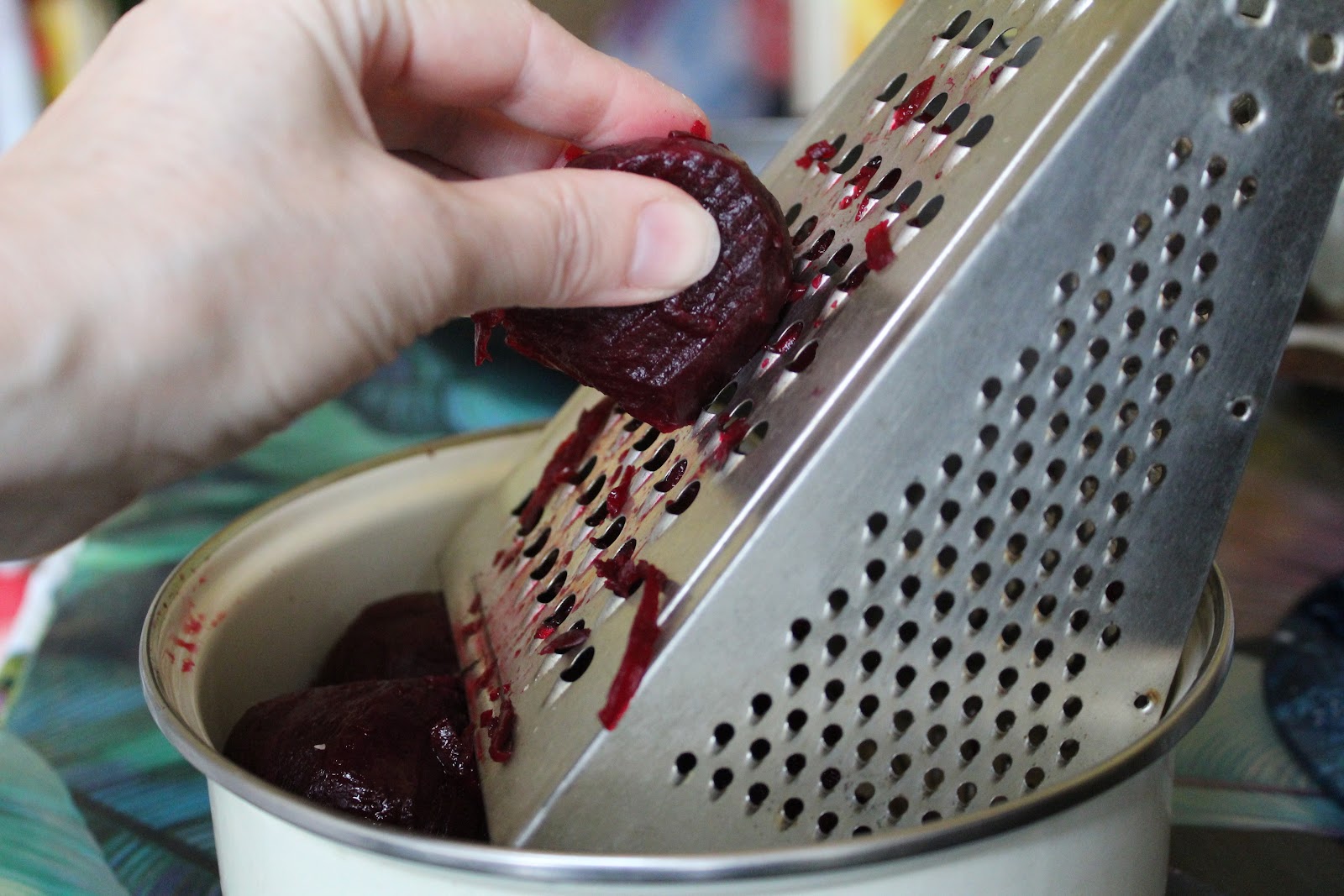
And it helps to clean the gut too…which benefits sexual health in men…

Story-At-a-Glance
Matt Cook here, and there’s a push to move away from antibiotics.
And the main reason is over-prescribing by doctors who mean well but give antibiotics to people who don’t need them.
Because we gain a tolerance, and eventually the antibiotic stops working as well.
And when we really need it, it’s not effective enough to save us from whatever bug is ravaging our system.
Thankfully, there are foods that have the same antibacterial and antiviral effects, and work just as well if not better than traditional antibiotics…
Like this 1 food that is quite delicious and easy to use in almost any dish you make…
—-Important Message From Body Innovations—-
Is this feminizing hormone the hidden cause of men’s swollen prostates?

I’m Dr. Leo Shub, and when I entered my 40s, I found it increasingly difficult to fully empty my bladder when I went to the bathroom.
And also suffered from the constant urge to go, an urge that increasingly controlled almost everything I did.
But then after a strange encounter with a gorgeous zoologist, a silverback gorilla, and a day at the zoo I’ll never forget…
…I discovered a forgotten feminizing hormone that became the key to unlocking my flow in the bathroom.
So much so, I went from barely squeezing out a few measly drops, to having a water-cannon rush.
———-
Proof that coconut oil may work just as good as penicillin
Monolaurin is a fatty, waxy substance found in a number of different foods.
Coconut oil is probably the best source.
Monolaurin is well known for its antiviral activity.
It’s particularly effective at killing viruses which are covered with a fatty envelope – this includes common viruses like influenza.
What is less well-known is that monolaurin is also an antibiotic – meaning that it kills not only viruses but also bacteria.
Bacteria are an even bigger problem than viruses.
In fact, many of the health problems we associate with viruses are actually due to secondary bacterial infection.
As you’re probably aware, many of the chemical antibiotics which we used to kill bacteria can themselves cause serious health problems.
It may be surprising to learn that there is research showing that monolaurin has a similar antibiotic effect to traditional antibiotics like penicillin…
But without the risk of side effects or antibiotic resistance.

The lab experiments were carried out at the Department of Dermatology, Makati Medical Center, Makati City, Philippines.
The findings were published in the Journal of Drugs and Dermatology.
These experiments, the researchers wanted to look at the potential antibiotic effect of monolaurin on common skin bacteria.
They collected samples of skin bacteria which are known to cause various types of skin infections.
“Skin bacteria samples were taken from newborn to 18-year-old patients with primary and secondary infected skin conditions.”
The researchers tested numerous of these common infectious bacteria to see how sensitive they were to monolaurin and half a dozen commonly used antibiotics.
The researchers wanted to know how effective these different substances were at killing bacteria.
“We determined the sensitivity and resistance of skin bacteria to monolaurin, penicillin, oxacillin, fusidic acid, mupirocin, erythromycin, and vancomycin.”
The researchers found that monolaurin was remarkably effective at killing most of these bacteria.
Their findings showed upwards of 92% bacterial kill rate from monolaurin in the different experiments.
Bacterial resistance has become a major problem in recent decades.
As bacteria become more and more exposed to chemical antibiotics, they evolve to be resistant to those antibiotics.
Some bacteria are more effective at developing antibiotic resistance than others.
The researchers found that these tricky bacteria have absolutely no resistance to monolaurin.
“Resilient staph and strep bacteria did not exhibit any resistance to monolaurin and had statistically significant differences in resistant rates to these antibiotics.”
Those two classes of bacteria are causing major problems in hospitals these days.
They spread like wildfire because doctors don’t have the tools to fight them.
Strep and staph infections are killing a lot of people – but there are many solutions to this problem that are being ignored, including monolaurin.
Bacteria are broken down into two categories – gram-positive and gram-negative. These two classes of bacteria are normally treated in very different ways.
Yet monolaurin seems equally effective across these two categories.
“Monolaurin has statistically significant in vitro broad-spectrum sensitivity against gram-positive and gram-negative bacterial isolates.”
The antibacterial, waxy substance doesn’t suffer from the great weakness of chemical antibiotics – antibiotic resistance.
“Most of the bacteria did not exhibit any resistance to monolaurin.”
The researchers called for larger studies looking at the effect of monolaurin in the real world – they are particularly interested in finding the appropriate dose to treat infection.
This study focused on bacteria which live in the skin and which cause skin infections.
Other research has shown that monolaurin is useful topically.
In fact, rubbing coconut oil on your skin increases the amount of monolaurin all throughout your body – producing an antibiotic effect – inside and out.
“We demonstrate that topical coconut oil increases plasma levels of monolaurin.”
Coconut oil is one of the best fats you could eat.
But it seems that even using it topically can boost the antiviral and antibiotic effect of monolaurin all throughout the body.
There is even research showing that topical coconut oil can prevent sepsis – a serious bacterial infection which spreads throughout the whole body.
“Lately, we reported an association between the routine use of topical coconut oil and a lower incidence of late-onset sepsis.”
—-Important Message From Matt About Controlling Bad Bacteria in Your Body—-
How to know if you have gut problems — do the red beet test

Most men have guts that are way too fast or way too slow.
So I’ve come up with a quick way for a man to test out his gut health at home.
I call it the Red Beet Test, and all you need is some beets.
Eat them raw or cooked, however you prefer, and then wait to see them pass through your stool.
If it takes longer than 12 hours, your gut is too slow.
If it takes less than 12 hours, your gut is too fast.
And both mean you are suffering from a leaky gut, which is when poisons are spewing out of your gut and into the rest of your body…
…including your penis which can get choked up with toxins and hurt rockiness!
But don’t worry — I’ve found a simple fix for both problems and it’s just as simple as the red beet test…
———-

